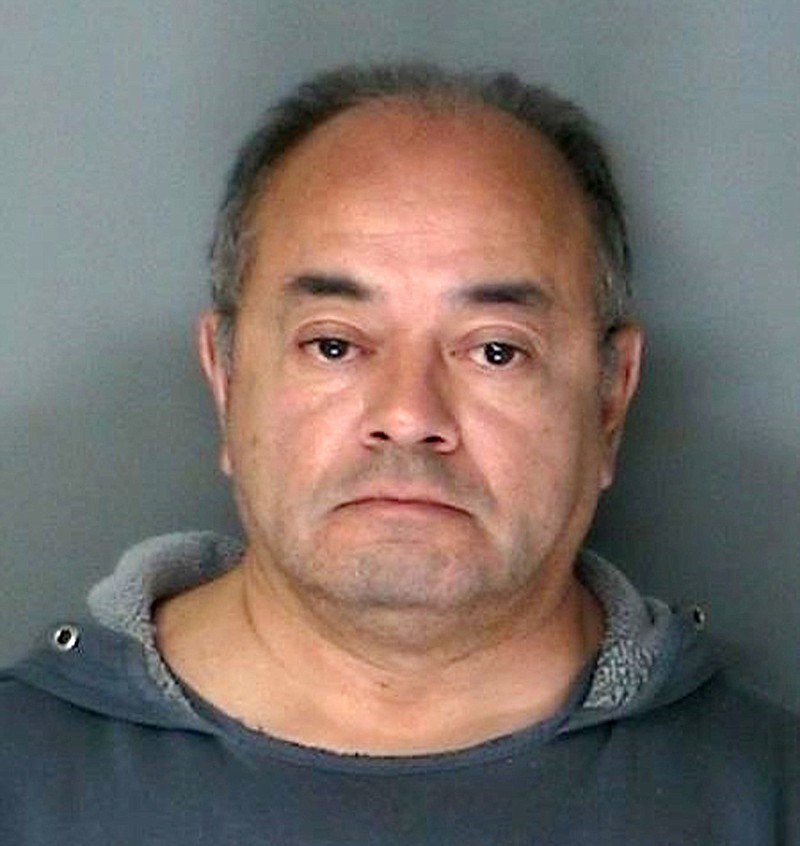NEW YORK (AP) - The acquittal of a suburban foster father charged with sexually abusing boys in his care shows the challenges prosecutors face in proving abuse allegations without strong corroborating evidence.
Testimony from six young men who said Cesar Gonzales-Mugaburu sexually abused them in his Long Island home wasn't enough to persuade jurors to convict him of any of the charges against him. Gonzales-Mugaburu, who cared for scores of boys over two decades, walked out of court in Suffolk County on Tuesday a free man.
Jury foreman Tim Carney said he believed some of the accusers' testimony but voted not guilty on all counts from the beginning of the jury's seven days of deliberations because there were too many holes in the prosecution's case.
"I could not put a man away for the rest of his life on what they gave us, the evidence they produced," Carney told Newsday.
Gail Goodman, a psychology professor at the University of California at Davis whose research has focused on child abuse and the accuracy of witness memory, said it's striking the jury foreman favored acquittal from the start.
She said researchers have found one of men's biggest fears is being falsely accused of child sexual abuse.
"This may bias some men against believing victims of this crime," she said.
Research also shows corroborative evidence can make or break a child sexual abuse case, Goodman said. In the 2012 trial of former Penn State assistant football coach Jerry Sandusky, testimony from an eyewitness, then-graduate assistant Mike McQueary, "was likely key," she said. Sandusky was convicted of abusing several boys and is serving a lengthy prison sentence but maintains his innocence.
Goodman also cited the case of former Delaware pediatrician Earl Bradley, whose conviction on charges of being a serial child molester was partly based on videotapes found by investigators.
"What jury would have believed a little 2-year-old who claimed her pediatrician was sexually abusing her?" Goodman said. "But then the police found all the videotapes that the pediatrician made of him raping and sexually abusing his little patients."
Bradley argued the homemade videotapes were seized illegally but lost his appeal and is serving life in prison.
David Finkelhor, the director of the Crimes Against Children Research Center at the University of New Hampshire, agreed it's much easier to prosecute abuse cases when there's photographic evidence.
"Once you get images it becomes very hard to deny," he said.
The case against Gonzales-Mugaburu lacked forensic evidence of the crimes alleged by prosecutors or testimony from independent eyewitnesses. Instead it relied largely on the testimony of the accusers, now ages 16 to 29, who said they were abused between 1996 and 2016.
One mentally challenged man testified Gonzales-Mugaburu molested him for three years beginning when he was 10. The man, now 21, said it left him confused.
Finkelhor said the fact some of the accusers were developmentally disabled may have presented another challenge to prosecutors.
"We don't sympathize with people if they're not particularly articulate, if they hem and haw and have to pause a lot," he said.
But prosecutors, who had painted Gonzales-Mugaburu as a monster, said they were shocked to see him walk free.
"We're surprised with the verdict," Dari Schwartz, the head of the child abuse and domestic violence bureau for the Suffolk County district attorney's office, told the Daily News. "The children weren't believed. It was heartbreaking, and I imagine when the children hear the verdict they, too, will be broken."
Gonzales-Mugaburu, who would've faced 25 years to life in prison if convicted of the most serious charges, didn't testify. His attorney Donald Mates said the verdict was a vindication.
"From Day 1, when I met Cesar, he told me he didn't do this," Mates said. "I looked at him and believed him."
The house in Ridge where Gonzales-Mugaburu lived until he was arrested last year is boarded up, and its overgrown lawn sticks out in the well-manicured neighborhood.
One neighbor said the verdict surprised her.
"I'm stunned, stunned by the outcome," Anne Lange told the Daily News. "The kids made no impression at all? I feel like the kids got no justice at all."
___
Associated Press writer Frank Eltman contributed to this report.
